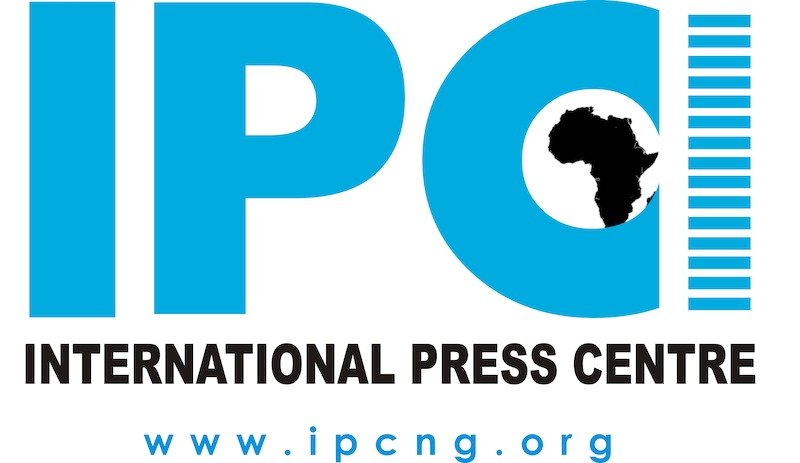
By Oche Nehi
Lagos, Nigeria May 3, 2025 As the world marks the 2025 edition of World Press Freedom Day (WPFD), the International Press Centre (IPC), Lagos, Nigeria, through its Safety and Protection of Journalists (SPJ) Hub, is calling on all stakeholders to actively defend the right to access accurate and truthful information in the face of emerging technological threats.
The IPC-SPJ Hub notes that one of the most pressing challenges confronting journalism today is the rapid evolution of Artificial Intelligence (AI) and its complex implications for media freedom, public trust, and democratic accountability.
This year’s WPFD theme, “Reporting in the Brave World: The Impact of Artificial Intelligence on Press Freedom and the Media,” urges a global reflection on how AI is reshaping journalism and the free flow of information. In line with this, the IPC has announced a commemorative event scheduled to take place in Lagos on Wednesday, May 7, 2025.
In a statement issued to announce its WPFD activities, the IPC revealed that the event—titled “Artificial Intelligence, the Media & Press Freedom: Issues & Perspectives”—will provide a platform for media professionals, civil society, and policy stakeholders to interrogate the opportunities and threats posed by AI to press freedom.
The event will also feature the public presentation of IPC’s latest report on attacks against journalists in Nigeria. Discussions will center on identifying strategies to improve journalists’ safety and protect press freedom in an AI-driven media landscape.
Executive Director of IPC, Mr. Lanre Arogundade, emphasized that while AI offers significant benefits to newsrooms—including automated fact-checking and data-driven reporting—it also poses serious risks.
“AI has enabled Nigerian journalists to track corruption and bring underreported stories to light. But alongside these benefits, AI-generated disinformation now spreads faster than ever, often outpacing verified journalism,” Arogundade said.
Citing a 2024 report by the International Fact-Checking Network (IFCN), he noted that Nigeria ranks among the top 10 African countries targeted by AI-driven disinformation campaigns.
He further warned that AI surveillance is increasingly being used to suppress critical journalism. “Governments and private actors are deploying AI-powered tools to monitor journalists. According to UNESCO’s 2024 findings, 47% of Nigerian journalists reported experiencing AI-based surveillance, including facial recognition and predictive policing,” he stated.
On the occasion of WPFD 2025, the IPC-SPJ Hub stressed that the unchecked use of AI must not deepen existing threats to media freedom in Nigeria, which is already grappling with challenges such as cybercrime legislation, online censorship, and physical assaults on journalists.
“We urgently call for proactive safeguards to ensure that AI supports, rather than undermines, democracy. AI must never replace journalists or be allowed to substitute truth with manipulation,” the statement read.
The IPC urged journalists, technology companies, lawmakers, and the general public to stand together in defending the right to truthful information.
“The future of journalism must be fearless, accountable, and deeply human—not just automated,” the statement concluded.
The statement was published on Sunday, May 4, 2025, via the IPC’s official platforms and shared by Mr. Rotimi Oyekanmi, Chief Press Secretary to the Chairman of the Independent National Electoral Commission (INEC), through the INEC’s verified X (formerly Twitter) account @inecnigeria.






